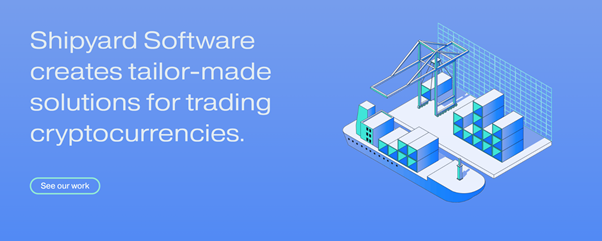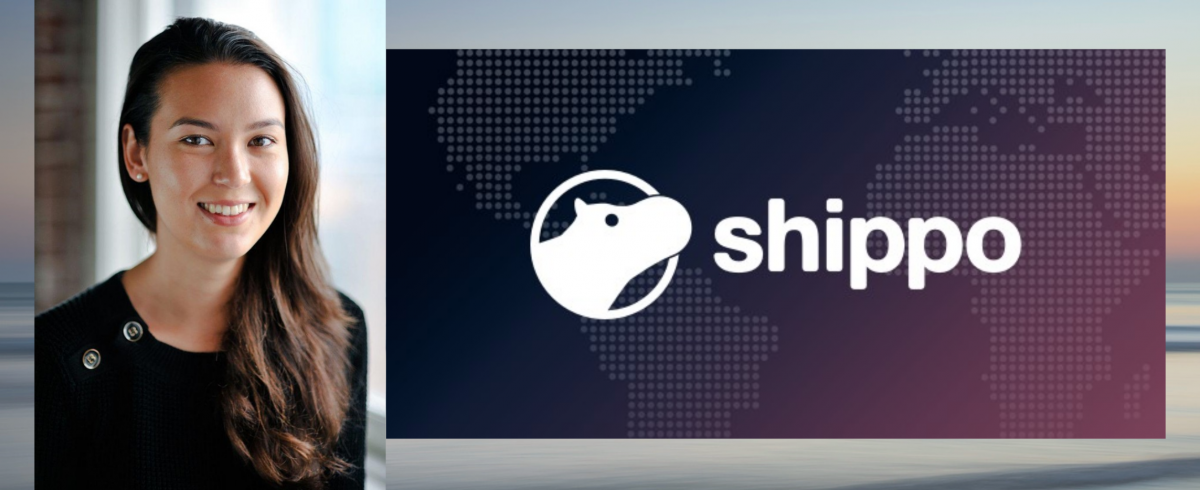Mark Lurie is the CEO and co-founder of Shipyard Software. Shipyard Software builds decentralized exchanges (DEX) for specific types of trades, traders, and instruments, starting with Clipper, a DEX with the best prices anywhere on retail trades
Key Takeaways
- Learn to cold email. You only need one opportunity so don’t be afraid to take shots.
- Crypto is so young that most components within Web3 could easily be improved. The impact of small product on UX is more dramatic in Web3.
- Find out what makes you unique. Ask yourself what are my strengths, what are my interests, where are the overlaps?
- Stay close to your customers, and listen to their pain points.
Starting a company
It’s not always rational to start a company. Often times it begins with a hunch. The most important thing is to choose an industry that interests you but one that is large. Start with a hypothesis and try to refute it.
Most people overestimate the risk involved in entrepreneurship. Entrepreneurship is less risky because you grow faster. It’s an asymmetric bet. Even if you fail, if the market is large you’ll likely end up further than if you joined corporate.
Starting backwards
Mark started a software company after Grad school but soon realized he didn’t understand business. The best way to understand business is to see from the backend what makes them successful. For this reason, Mark joined Bessemer Ventures. There he learned why companies succeed and fail.
Why Crypto?
When Mark began using crypto he saw that crypto is just another way of doing all the things we do in real life. For Mark, crypto brought together tech, economics, history, and building the future into one.

Crypto is still young. It’s where the internet was in 1995. The UX is terrible but the potentials are huge. Bringing normal users from Web2 to Web3 will be huge. But this requires bringing the best product practices from Web2 to Web3.
Why Shipyard
The first waves of DeX are one size fits all like Uniswap. Then the second waves are more specialized with more rigor.
This is the verticalization of Uniswap similar to what we saw with the verticalization of Craigslist

You can listen to the full episode in the embedded podcast player.
In addition to the above Youtube video and embedded podcast player, you can also listen to the podcast on:
- iTunes: https://podcasts.apple.com/From VC to Web2 to Crypto with Mark Lurie
- Spotify: https://open.spotify.com/From VC to Web2 to Crypto with Mark Lurie
Thanks to IJ Makan for helping write the episode summary.



